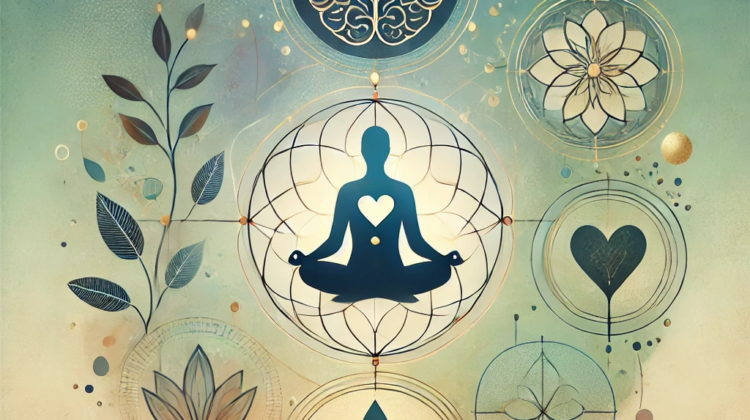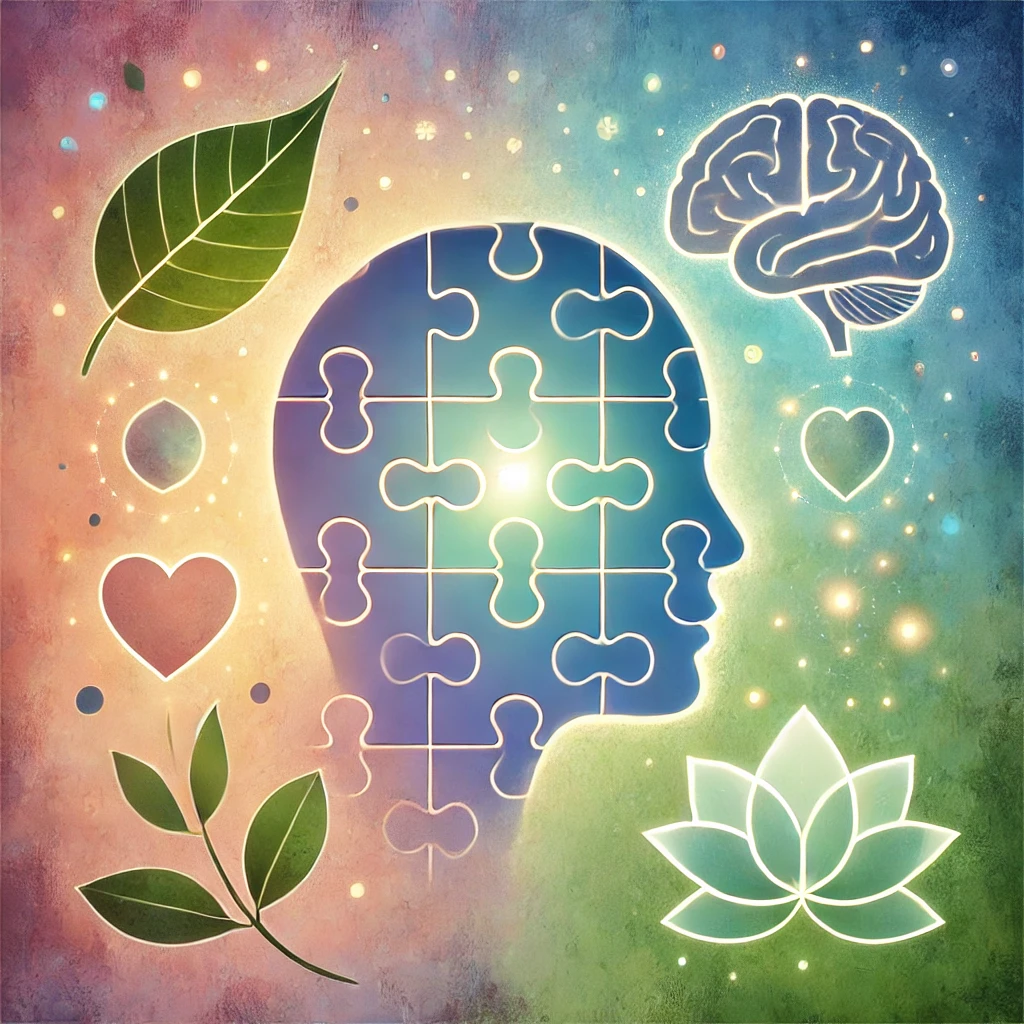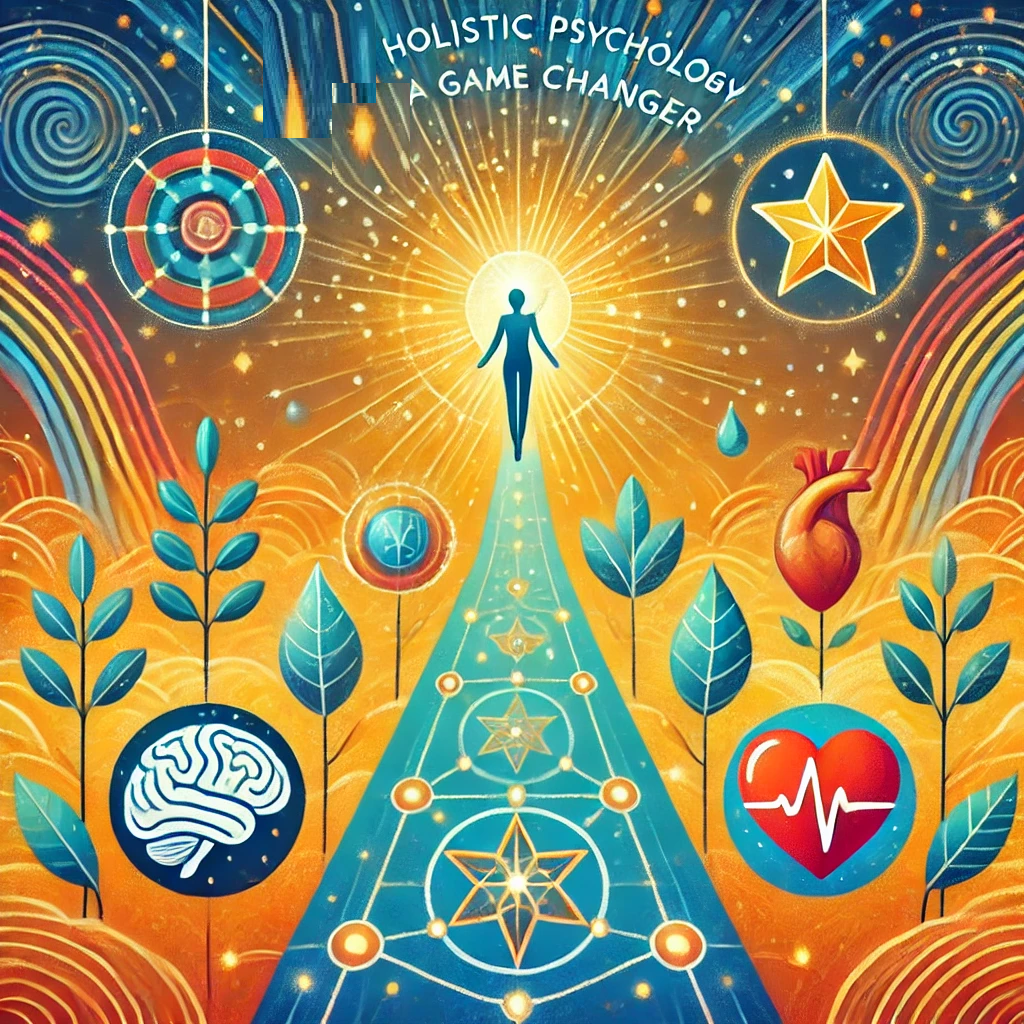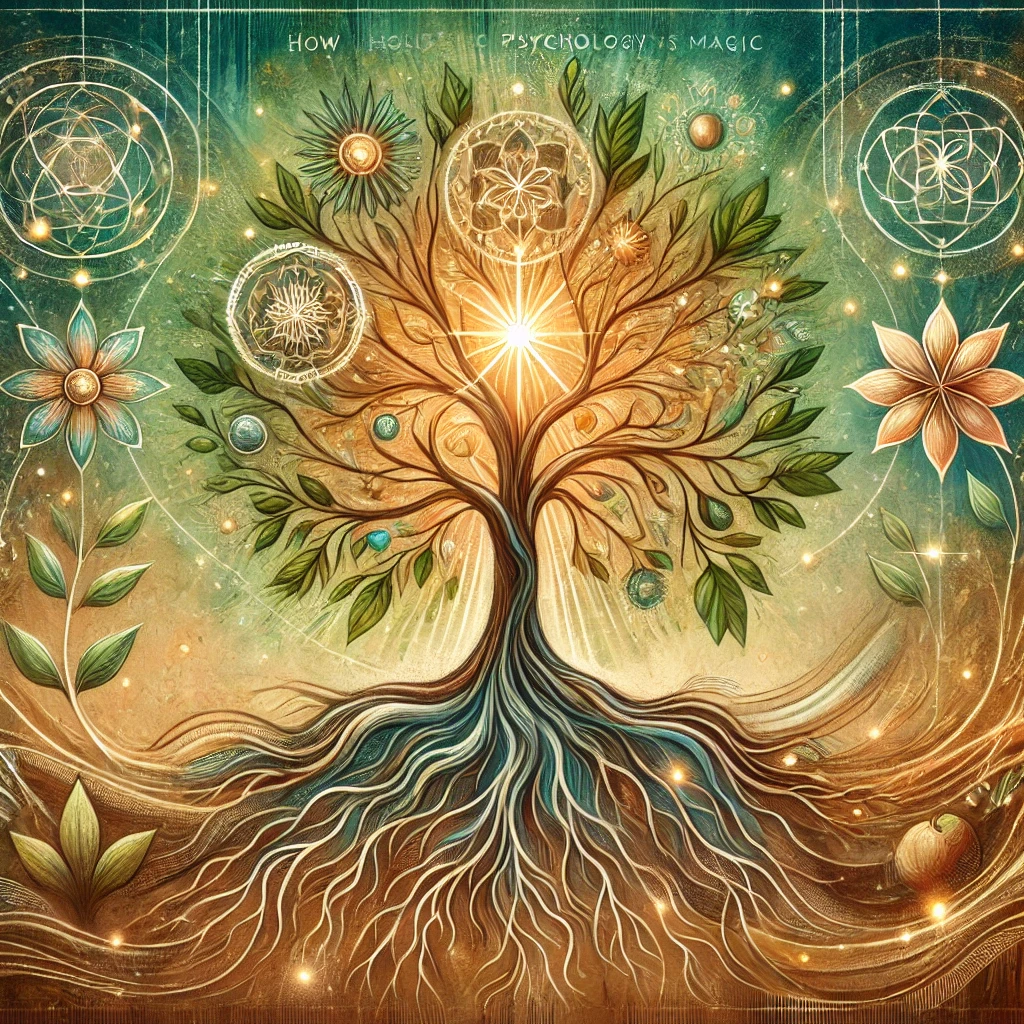
Healing Beyond the Surface: Why Holistic Psychology is Changing Lives
Imagine feeling truly whole—balanced in your mind, body, emotions, and spirit. Sounds like a dream, right? Holistic psychology is making this dream a reality for people seeking deeper, more meaningful healing. It’s not just therapy; it’s a revolution in how we approach mental health.
Let’s take a closer look at why this approach is turning heads, changing lives, and reshaping the conversation around mental well-being.
What’s Holistic Psychology, Really?

Holistic psychology isn’t your typical therapy session where you just talk about problems. It’s about stepping back and seeing the whole picture. Think of it as piecing together a puzzle: your mental health isn’t separate from your physical well-being, your relationships, or even your spiritual beliefs. Everything connects.
While traditional therapy often focuses on specific symptoms, holistic psychology asks, What’s the bigger story here? It works to uncover the root causes of distress and heal them at their core. This whole-person approach is why so many people are turning to it when nothing else feels like it fits.
Why Holistic Psychology Feels Like a Game Changer

When life gets messy—and let’s face it, that’s true for all of us—it’s easy to feel like your problems are isolated. You might think, It’s just anxiety, or I’m only feeling low because work is hard right now. But holistic psychology goes deeper, helping you see how every part of your life interacts.
Here’s why it’s making waves:
- It Heals, Not Just Fixes: You’re not a problem to be solved. Holistic psychology sees you as a complex, beautiful whole and works to nurture every part of you.
- It’s Custom-Tailored: From mindfulness practices to nutritional guidance, no two journeys look the same.
- It’s Judgment-Free: This approach dismantles the stigma around mental health, treating it as just as important as physical health.
How Holistic Psychology Works Its Magic

Holistic psychology combines a variety of tools to create a personalized path to healing. Some of its key components include:
- Mindfulness Practices: Techniques like meditation and breathwork bring you into the present moment and help manage stress.
- Nutrition and Physical Health: What you eat and how you care for your body matter. Holistic therapy considers the impact of diet and exercise on mental health.
- Emotional Awareness: It’s not just about naming your feelings; it’s about understanding why they’re there and how to work with them.
- Spiritual Growth: For those open to it, spirituality can play a powerful role in finding meaning and peace.
What Makes It Work?
Holistic psychology doesn’t offer quick fixes—but that’s the point. Healing isn’t linear, and life’s challenges don’t always fit neatly into categories. This approach respects the messiness and helps you navigate it with grace and compassion.
If you’ve ever felt like traditional therapy wasn’t addressing the full picture, holistic psychology might feel like the missing piece.
The Unique Benefits of Holistic Psychology

- True Connection with Yourself: Many people describe holistic psychology as the first time they’ve truly understood themselves—not just their struggles but their strengths too.
- Freedom from the Rat Race: This approach teaches you to slow down, prioritize self-care, and focus on what really matters.
- A Life That Feels Whole: Holistic psychology isn’t about just feeling “fine.” It’s about feeling alive, present, and connected to the world around you.
Is Holistic Psychology Right for You?
It might be if:
- You’re tired of band-aid solutions that don’t stick.
- You want a more compassionate, human approach to your mental health.
- You’re open to exploring all aspects of your life—not just the obvious ones.
It’s Time to Redefine Healing

Holistic psychology isn’t just a trend—it’s a wake-up call. It’s a reminder that you are more than your symptoms, your stress, or your struggles. You are a whole, interconnected being, and you deserve care that reflects that.
Ready to take the first step? Start small: meditate, journal, or reach out to a holistic therapist. Healing doesn’t have to be overwhelming. It just has to begin.
Your Turn to Heal Holistically
Have you tried holistic approaches to mental health? Share your story in the comments—we’d love to hear how it’s made a difference in your life.








